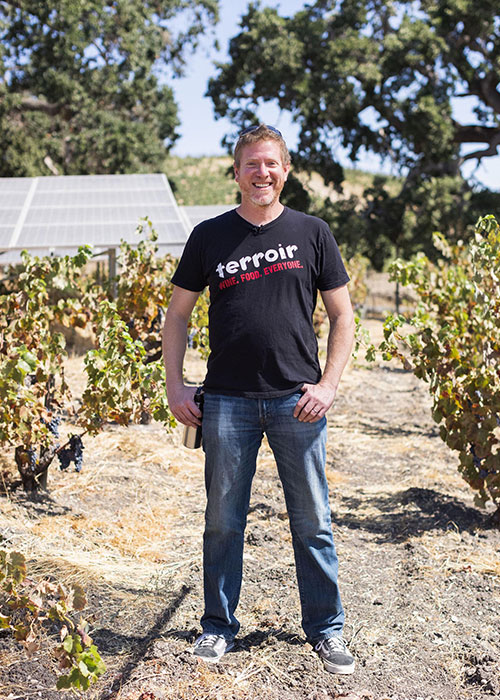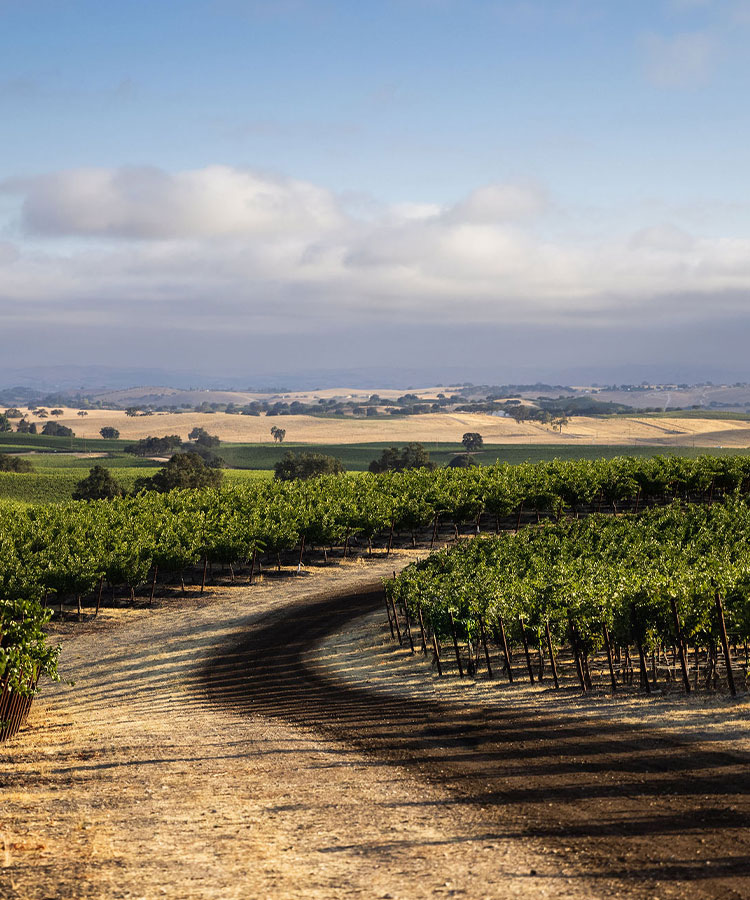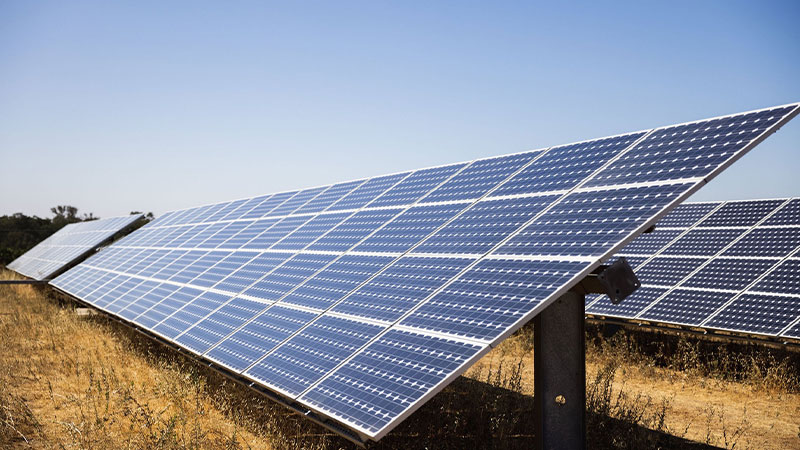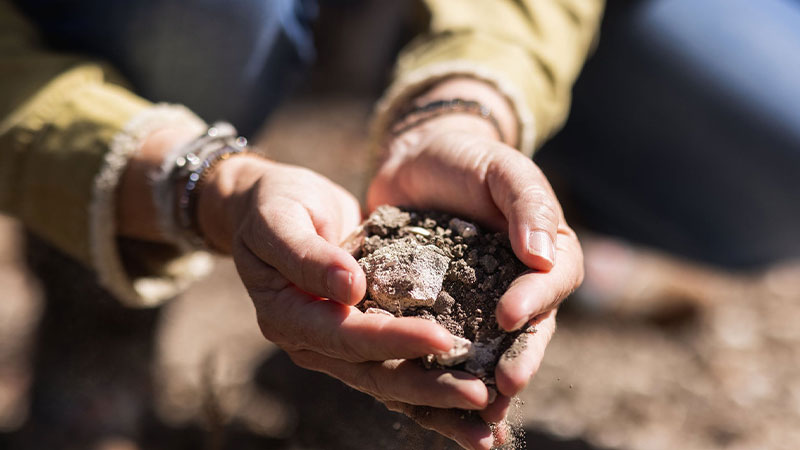
Vintners in this beautiful part of the Central Coast, halfway between San Francisco and Los Angeles, are committed to growing grapes that produce high-quality wine that is reflective of the land and the sustainable efforts they employ. Winemakers, farmers, and winery owners across the region use practices that aim to protect the environment, support social responsibility, and encourage soil conservation. As California’s largest and most diverse wine region, this wine community acts as stewards of the land to ensure that it is healthy for generations to come.
Sustainability in Practice
Shale Oak Winery just off of Highway 46 West is one of Paso Robles’ top destinations for wine lovers who enjoy award-winning small-batch wine. What visitors might now learn about the winery as they sip a glass of Cabernet on the expansive outdoor patio is its commitment to sustainability in every aspect of the business.
Shale Oak follows the strict Sustainability in Practice (SIP) guidelines by meeting high standards in sustainable development, including water savings, energy efficiency, and materials selection. SIP is one of the wine industry’s oldest third-party verification programs that ensures that a wine, winery, or vineyard implements strict sustainable winemaking and wine-growing standards. A nonprofit organization of 300 farmers promoting sustainable wine-growing called the Vineyard Team manages the SIP program. Beginning in 1994, the Vineyard Team has become an internationally recognized leader in the sustainability movement.
“Our area has a long history of collaboration, education, and outreach on sustainable wine-growing practices,” said Beth Vukmanic, the program director of the Vineyard Team. “Today, we help consumers shop their values with SIP Certified wines, made with care for the people and planet.”
Farmers in drought-prone regions like Paso Robles know how precious water is to the area. Shale Oak uses special vegetation ditches to collect rainwater, allowing it to percolate back into the ground. Any runoff water is used for irrigation. Almost no rainwater leaves the property.
But Shale Oak’s commitment to sustainability goes beyond the vineyard. Designers built the tasting room to Gold LEED (Leadership in Environmental and Energy Design) certification. Solar panels generate about one-third of the winery’s energy needs, huge windows and sun tubes eliminate most of the need for daytime energy, and tasting menus are made not only with recyclable paper, but have wildflower seeds embedded into the paper for guests to plant at home.
“As a winemaker it is important for me to work in harmony with the Earth as we only have one,” said winemaker Curtis Hascall. “I want my children to be able to experience the beauty of the world the way that I have been fortunate to experience.”
Organic Farming
Organic farming is a method of farming that uses organic fertilizers such as compost manure, green manure, and bone meal and emphasis techniques such as crop rotation and companion planting.

While Eric Jensen, owner and winemaker of Booker Winery, has ensured organic farming in his fields for the past 15 years, it was only recently that he saw the merit in official certification. In April 2021, the boutique producers of Rhône-style red blends and Cabernet Sauvignon cult wines announced its 60-acre estate vineyard received status as an official California Certified Organic Farmer, the leading organic certificate in North America. The certification process requires a minimum of three years of documentation of all on-farm practices and applications.
One of the main components of organic farming is the exclusion of artificial chemical fertilizers, pesticides, fungicides, and herbicides. As such, Booker Winery farmers do not use synthetic chemicals anywhere on the estate. Instead of spraying chemicals that would negatively impact soil health, farmers use a Clemens weed knife to remove weeds from under the grapevines, and instead of spraying chemical insecticides, they use drones to distribute beneficial insects to eat the resident insects that can be harmful to grapevines.
“I think it is important to note that we in the farming industry have incredible power in our jobs to turn back the clock on climate change,” said Hillary Graves, vineyard manager for Booker Winery. “We have a responsibility to do our work in a way that protects our environment while providing a safe and healthy workplace for our team and our customers at the same time. It’s a win-win!”
Regenerative farming
Regenerative Organic Certified (ROC) is a new certification that meets the very highest standards for soil health, animal welfare, and the social welfare of farm workers. A group of farmers, business leaders, and experts in soil health, animal welfare, and social fairness created the Regenerative Organic Certified program in 2017.
“The certification tells your neighbors, consumers, and the industry as a whole that you farm in the most responsible way possible, the animals on the property are treated exceptionally well, and that all workers are paid, at minimum, living wages,” said Jordan Lonborg viticulturist at Tablas Creek Vineyard, the area’s first Regenerative Organic Certified estate vineyard.

Down the road from Tablas Creek, Robert Hall Winery is finishing the first year of a three-year study to understand regenerative farming effects on the vineyards’ ability to sequester carbon and overall quality effects on soil, fruit, and wine. The results of the study will be shared with the wine community as a whole. Once a month the winery hosts a Field Day inviting members of the wine community for a hands-on educational experience in the vineyard.
“This is a transparent initiative that is open to all of our community,” said Robert Hall Winery’s managing director Caine Thompson. “We hope that growers can utilize these learnings, tools, and build the confidence to try regenerative farming on their own vineyards.”
What does this all mean for the wine drinker?
Yes, saving the planet is always a nice goal, but what do all these eco-conscious farming practices mean for the wine drinker? For one, it helps shape a wine’s sense of terroir. Vineyards that are farmed organically without the aid of chemical fertilizers are likely to have a deeper root system in the soil as the vines search for all their necessary nutrients.
“The soil is likely to be more vibrantly alive with microorganisms, which translates into complexity of flavors,” said Jason Haas, general manager of Tablas Creek Winery.
As the wine community of Paso Robles continues to commit themselves to producing sustainably produced wines, they trust the wine quality will be higher as well.
“We believe that sustainable growing will provide an overall better product than conventional farming,” Hascall said. “It also provides the consumer peace of mind that they’re supporting a company that seeks a better future for the world.”
This article is sponsored by the Paso Robles Wine Country Alliance. Photo credit to SLOCAL & Acacia Productions.



